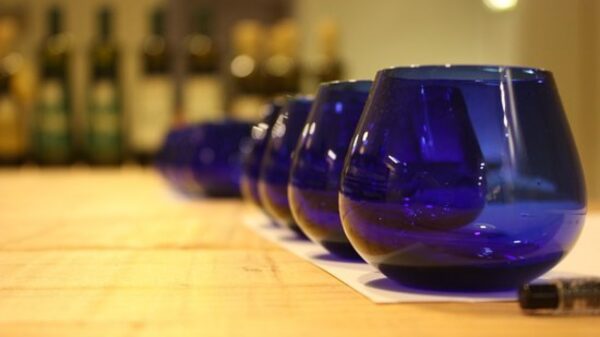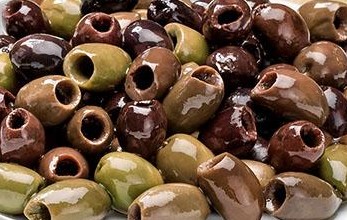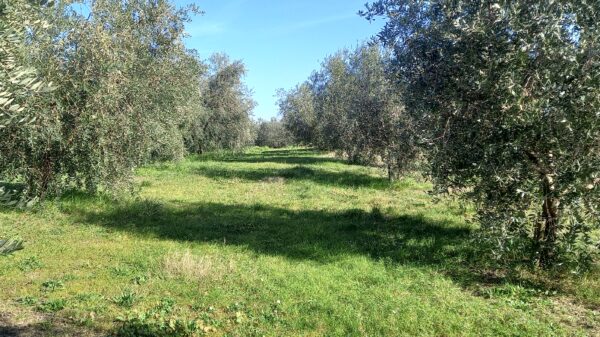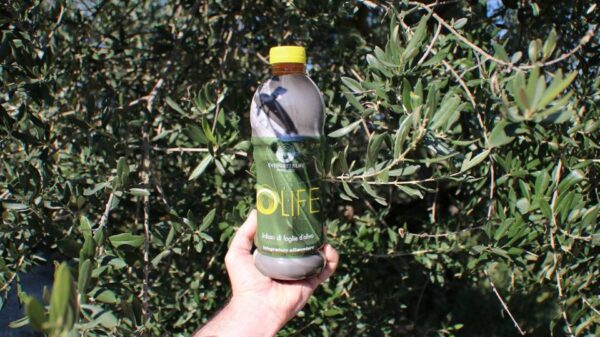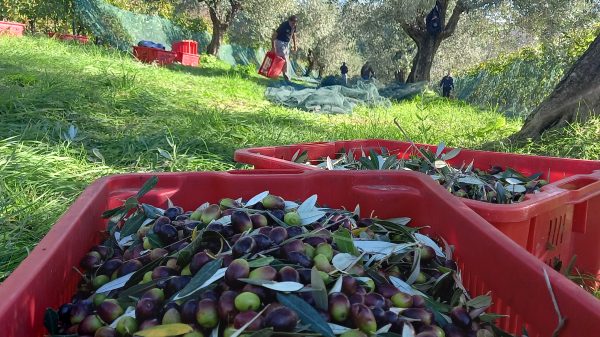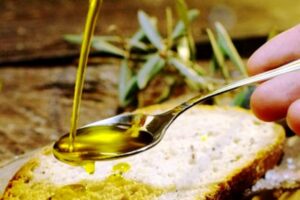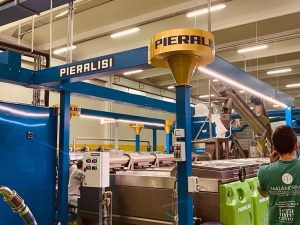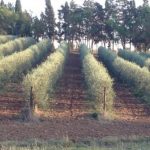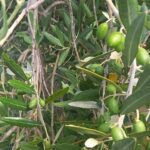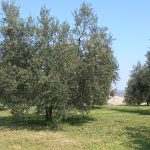
Stop for a couple of hours outside an oil mill with producers waiting to press the olives. Who leaves the oil mill the classic question that is asked is not "What does your oil smell like?", or "Is it very bitter? Is it spicy? And sweet?". or again “Did you find any flaws? Did you have the fly? Did it ruin your oil?”
No! The classic question is: “How much did it make?” Depending on the answer, a series of sometimes very imaginative considerations arise: "In the other mill the yield is higher", "Yes, but it is not cold because it warms the olives", "A friend of mine yesterday made 22% yield", "It's because he let them dry before taking them to the mill", "Yes, but last year it was colder", "No, it's because the miller was in a hurry and increased the processing temperature"…
I could go on for quite a while, but the grumblings are essentially based on the yield and on the belief that the miller is a marauder who raises and lowers the temperatures according to his needs, ruining the oil or stealing the olives.
In reality, the miller who has been carrying out his work for years is a person who transforms the olives according to the customer's indications, the type of machine, the climatic conditions and his experience: he is a professional in all respects and as such he goes considered. The correct miller has no interest in ruining the olives (he would lose the customer and all the people to whom the customer tells his mishap), it has no interest in increasing or decreasing yields (it is paid according to the fresh fruit that enters the machine and not according to the result), he has no interest in "stealing" the olives.
Having clarified this aspect, when you take the olives to the mill, you are mainly concerned with obtaining the greatest quantity of oil. This is right, because obtaining 10 liters of oil from one hundred kilos of olives or obtaining 15 liters means increasing the yield (and therefore the profit) by 50% with the same production costs. But it is also true that, if you want to produce a quality extra virgin olive oil, you must also obtain the largest amount of scents, the largest amount of polyphenols and at the same time the onset of defects or oxidative principles must be avoided. Without going into too much detail, the following can reasonably be stated.
The faster the crusher and the smaller the holes in the grid, the greater the quantity of oil obtained because there is a greater crushing of the olives and a consequent more severe breaking of the cells. Plus the processing temperature (crushing, kneading, separation) of the olive paste is high, the greater the quantity of oil that is extracted: this essentially happens because the higher the temperature, the more fluid the oil becomes and easier to separate.
More kneading and separation times are long, the greater the quantity of oil that can be extracted: this is because the drops of oil increase in size during processing, making extraction easier. The more you dilute the paste, the greater the amount of oil extracted, because the pulp becomes less viscous, thus favoring the separation of the oil in the decanter.
Therefore, if the only need is to increase yield, it is sufficient to go to a continuous cycle oil mill (which uses very fast hammer crushers) and ask the operator to extend the kneading and separation times as much as possible, simultaneously raising the temperatures and adding large quantities of water at each stage hot.
However, if the need is to obtain an extra virgin olive oil with certain chemical and organoleptic qualities, it must be kept in mind that:
1) the greatest quantities of total phenolics are obtained with processing around 25°C and in any case not higher than 30°C as above this limit in the presence of air polyphenol oxidase (PPO) and peroxidase (POD) phenomena are activated which result in a consistent loss of the antioxidant heritage due to the effect of the enzymatic oxidation of the polyphenols ;
2) one-step pasta processinghigh temperature in the presence of oxygen leads to a violent acceleration of oxidative processes which are only minimally counteracted by polyphenols;
3) polyphenols are water soluble: by adding water to the processing, there is a risk of obtaining their dispersion in the waters which are removed with the pomace;
4) breaking very quickly there is a risk of an increase in temperature and therefore of oxidation of the pastes, but above all there is the risk that the oil emulsifies with the vegetation waters, thus obtaining the dispersion of polyphenols;
5) the Parfums (i.e. all positive olfactory sensations) are obtained with processes between 20°C and 25°C, which favor the activation of some enzymatic processes, in particular lipoxygenase and hydroxylyase; higher kneading temperatures reduce the activity of these enzymes and lower temperatures do not allow the activation of the processes.
It is worth remembering that these substances (total phenols and aromatic substances) are responsible in an extra virgin oil for the characteristic aromas (artichoke, almond, pine nut, grass, ...), for the typical tastes (bitter, spicy, sweet...), for the biological properties such as antioxidant, preservative and healthy properties. Therefore, to produce a “good extra virgin olive oil”, some sort of thing must necessarily be put in place compromise which allows the greatest quantity of perfumes, polyphenols and oil to be obtained during processing and at the same time does not allow the onset of defects or oxidative principles, choosing an optimal time interval which can be more or less large depending on the characteristics of the olives and in relation to the temperature and processing conditions. This compromise provides reasonably short processing times and in any case not exceeding 40 minutes, maintaining low temperatures and in any case below 30°C.
